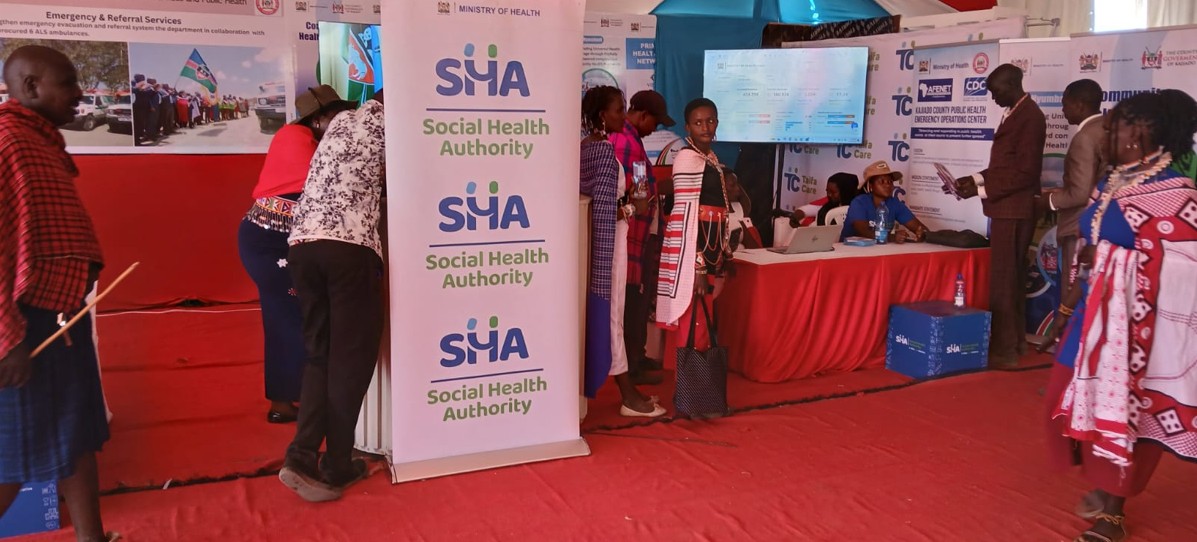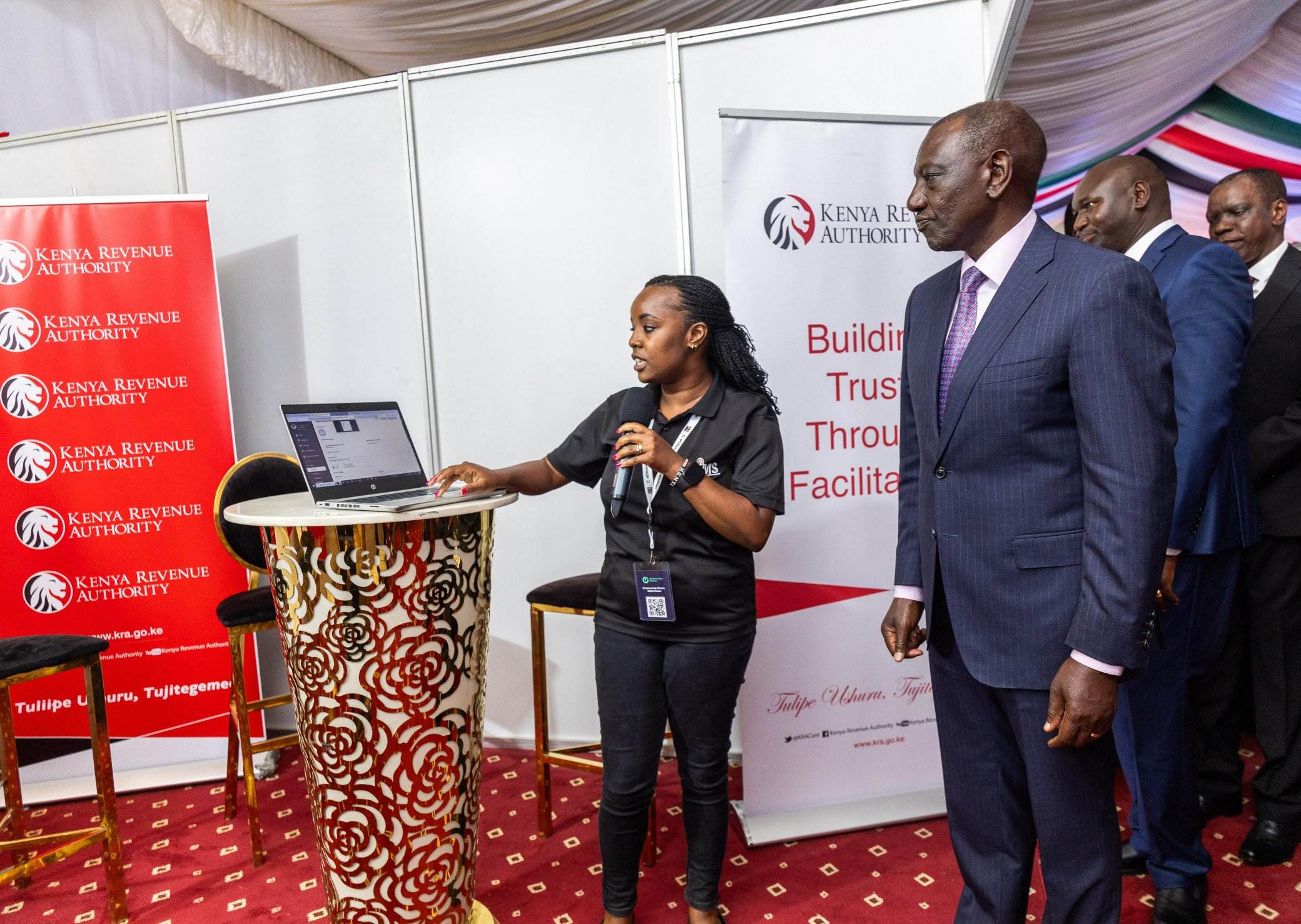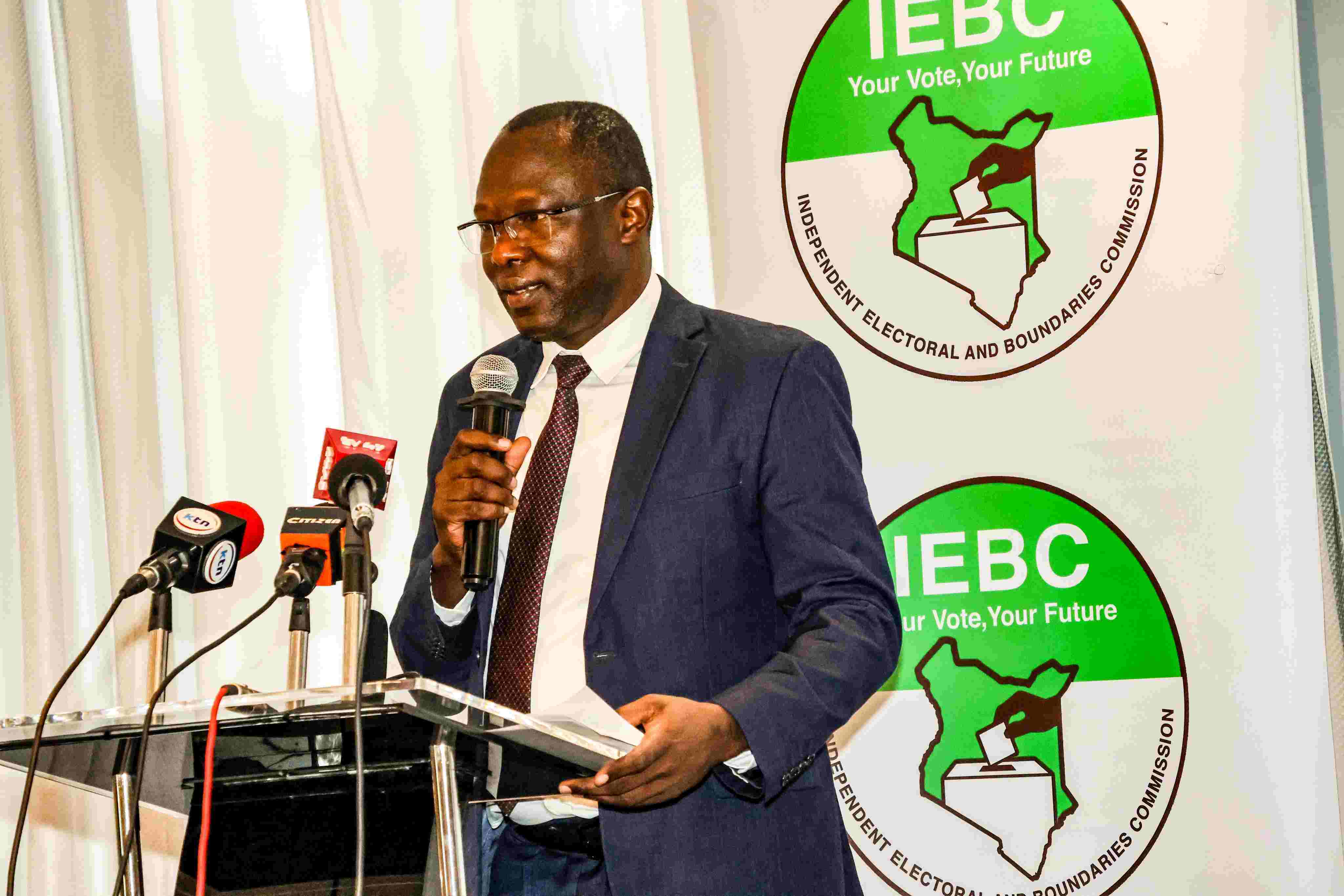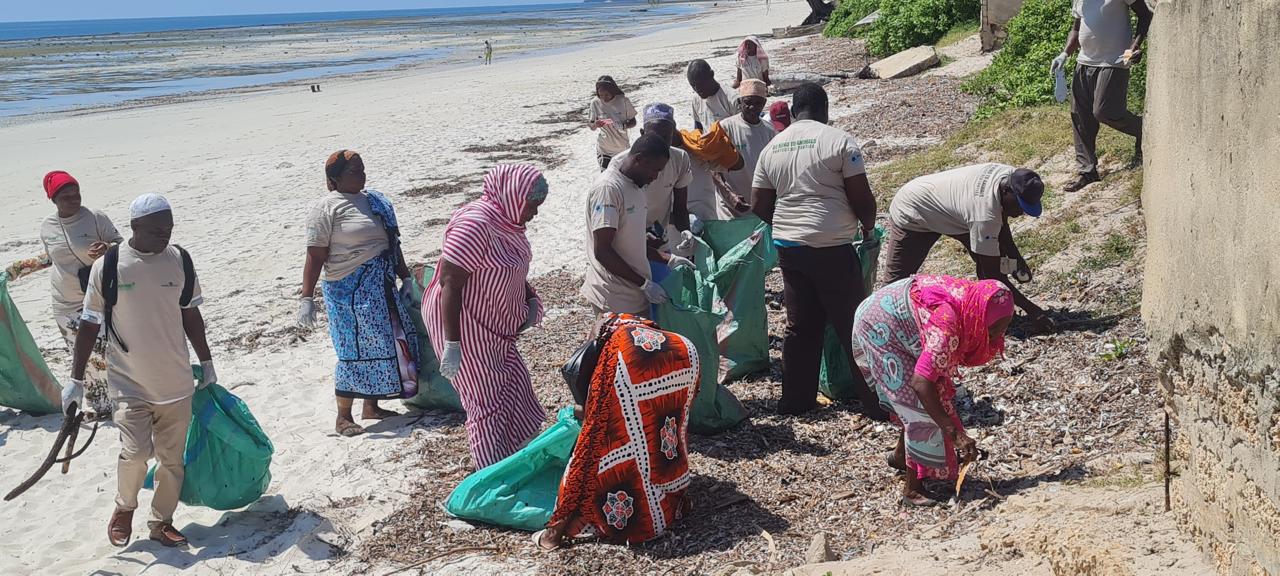Counties demand share of fibre cables revenue, wayleave charges in clash with Kenya Power
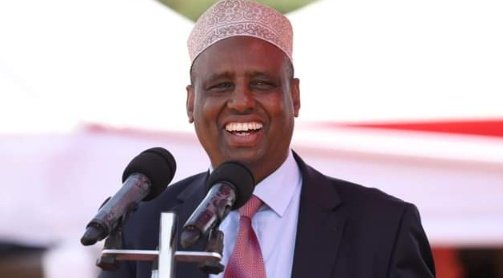
Governors are accusing KPLC of profiting from telecommunication firms by subletting fibre optic lines strung on power poles across the country without sharing the proceeds with the counties that granted the wayleaves.
A fresh standoff has erupted between county governments and the Kenya Power Company (KPLC) over unpaid wayleave charges and revenue from fibre optic cables hosted on the utility’s infrastructure.
Governors are accusing KPLC of profiting from telecommunication firms by subletting fibre optic lines strung on power poles across the country without sharing the proceeds with the counties that granted the wayleaves.
More To Read
- Auditor General flags Kenya Power for missing 30 per cent tender quota for youth, women, and PWDs
- Kenya’s electricity demand hits all-time high of 2,439 MW, straining power generation capacity
- State agencies, counties owe Kenya Power Sh4.67 billion in unpaid bills - Auditor General
- Kenya Power ends manual applications, new connection requests exclusively via website
- Over 16,000 in the dark as Kenya Power struggles to procure essential meters, transformers
- 122 electrocuted as illegal connections, encroachment rise - Kenya Power
Appearing before the Senate Energy Committee, Marsabit Governor Mohamud Ali, who chairs the Council of Governors' Energy Committee, said counties are being sidelined despite playing a central role in land access and infrastructure hosting.
“CoG recommends Senate to compel KPLC to provide information on all revenues they have received from subleasing the telecommunication companies,” Mohamud told the committee chaired by Siaya Senator Oburu Oginga.
Mohamud said the utility firm has leased out more than 1,800 kilometres of fibre optic cable nationwide, but has not been transparent about the revenues collected or shared any portion with the counties.
“KPLC is actively profiting from subleasing its infrastructure to private companies,” he said.
He further argued that KPLC had historically not been paying for the presence of telecom infrastructure on county land and now wants the company compelled to pay wayleave charges for its transmission lines.
County electricity bills
Governor Mohamud also challenged the electricity bills KPLC claims are owed by counties, which now amount to Sh4.7 billion, saying most of them are unverified and inflated.
“A joint verification between Nairobi County and KPLC demonstrated that there were some accounts not in the Nairobi County government that accounted for the total bill,” he told the committee.
He cited Machakos County as an example, saying the initial bill issued by KPLC was Sh141 million but was later revised to Sh56 million after an audit.
County governments say these inconsistencies point to a need for joint verification of all bills before payments can be made. They argue that without audits, counties are being forced into accepting questionable debts.
Mohamud also pointed to unresolved debts that KPLC owes counties in the form of unpaid wayleave charges. According to him, Nairobi is owed Sh802 million, Kirinyaga Sh192 million, and Machakos Sh41 million.
While acknowledging that counties are ready to clear legitimate power bills, the governors insist that KPLC must also settle what it owes.
Dumped garbage
In a recent standoff, Nairobi County dumped garbage at KPLC’s Nairobi headquarters in protest over a Sh1.5 billion power bill that led to disconnection. Governor Johnson Sakaja later said the utility firm owes Nairobi County Sh4.9 billion in wayleave charges. He added that a court dismissed a case KPLC had filed on the issue, and a deal was reached for the county to start paying Sh60 million every month.
As pressure mounts on the utility company, Governor Mohamud criticised KPLC’s conduct, especially its failure to attend meetings convened by the Council of Governors to resolve the matter.
“We requested KPLC to meet with the Energy Committee of the council in an attempt to solve this matter. Unfortunately, since that time, they have not gotten back to us,” Mohamud said.
Senator Oginga also voiced frustration after KPLC Chairperson Joseph Siror failed to appear before the Senate committee and instead sent the General Manager for Commercial Affairs, Rosemary Oduor, to represent him.
“The KPLC CEO has not explained the nature of his engagements outside Nairobi that would take precedence over a parliamentary summons,” Odinga said. “We insist on hearing directly from the CEO to ensure complete commitment to the decisions reached.”
Senator Khalwale urged both sides to seek a compromise, noting that both county governments and KPLC have financial interests in the dispute.
“The money the CoG are talking about is substantial. You want to be paid, and Kenya Power also wants to be paid. What is the compromise?” Khalwale asked.
Top Stories Today

